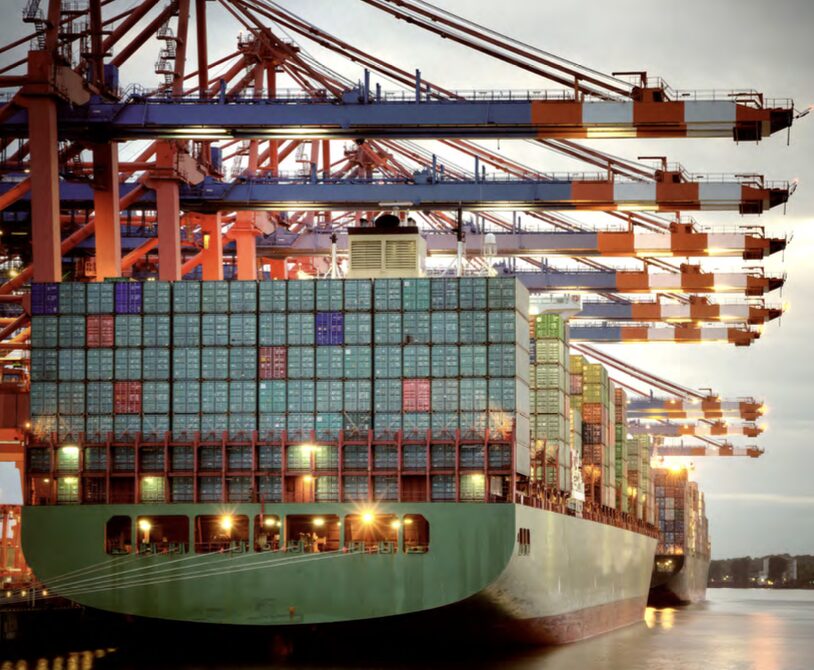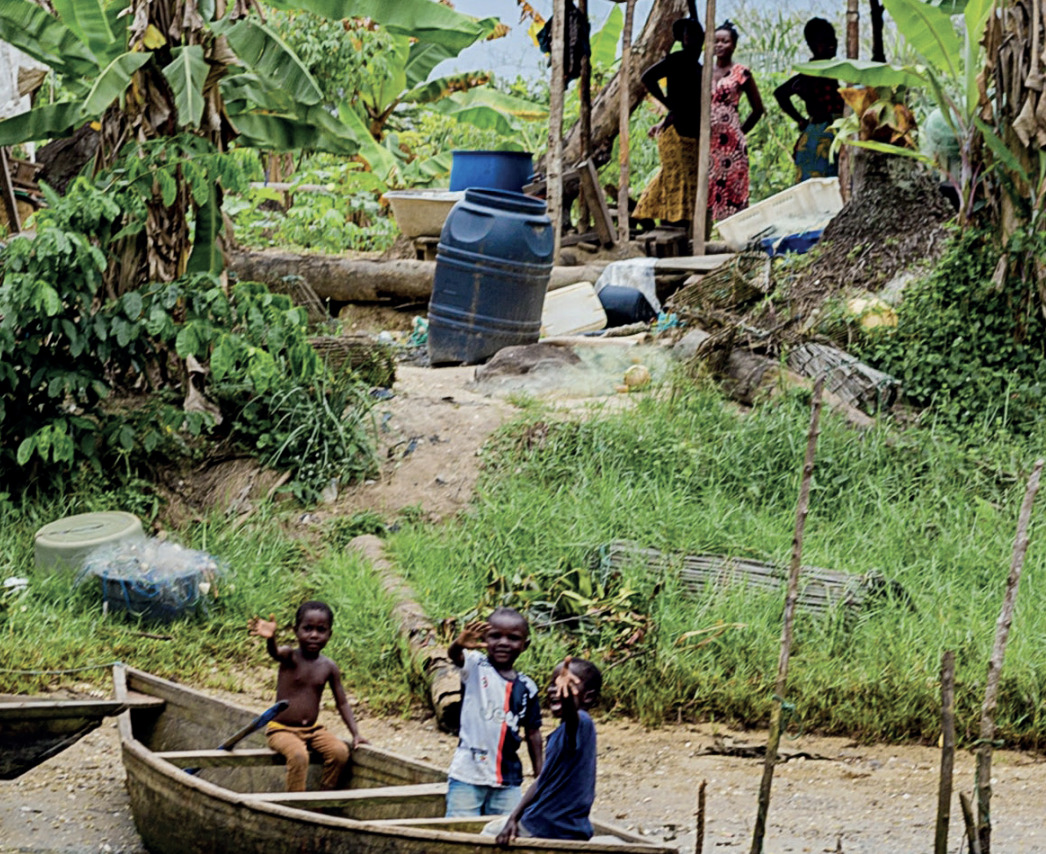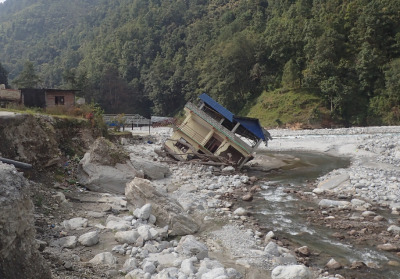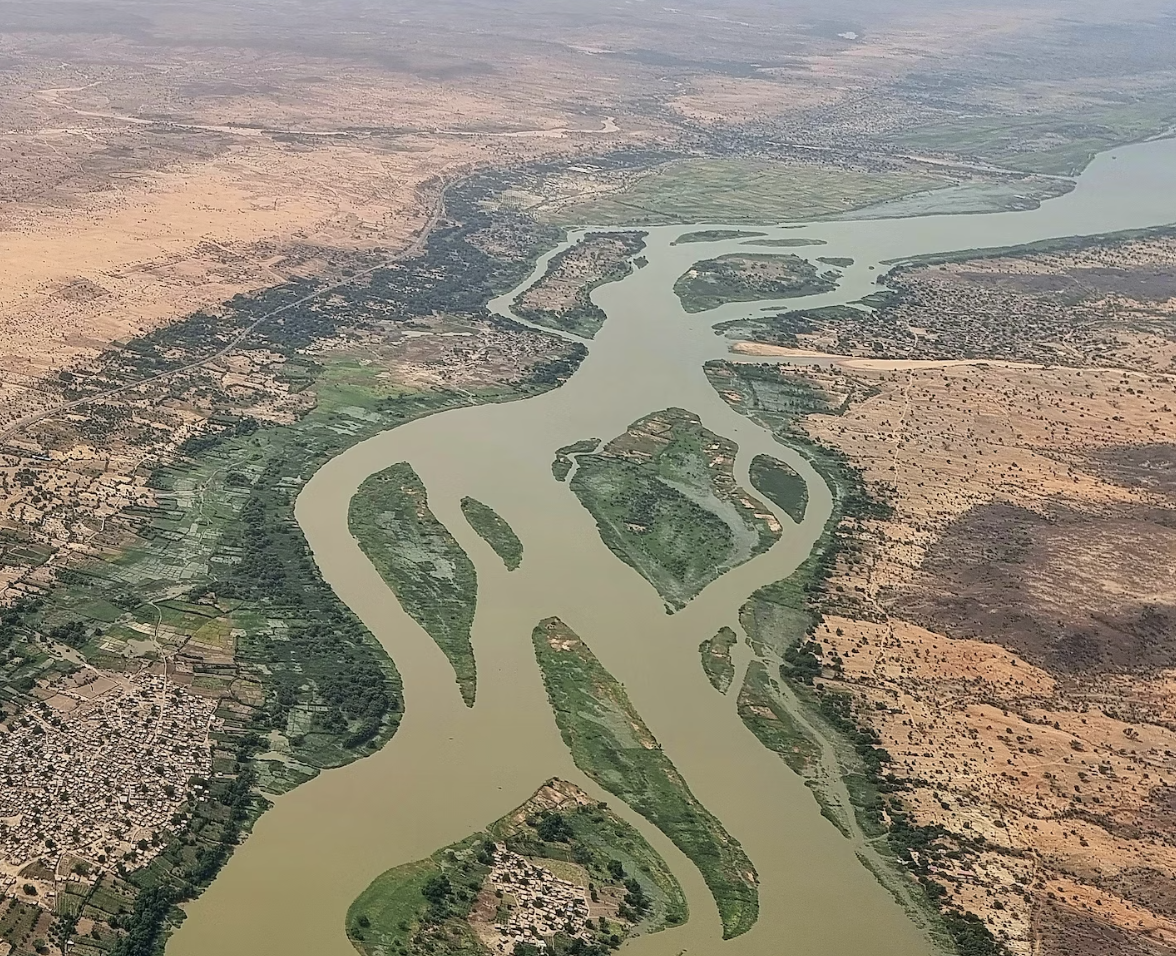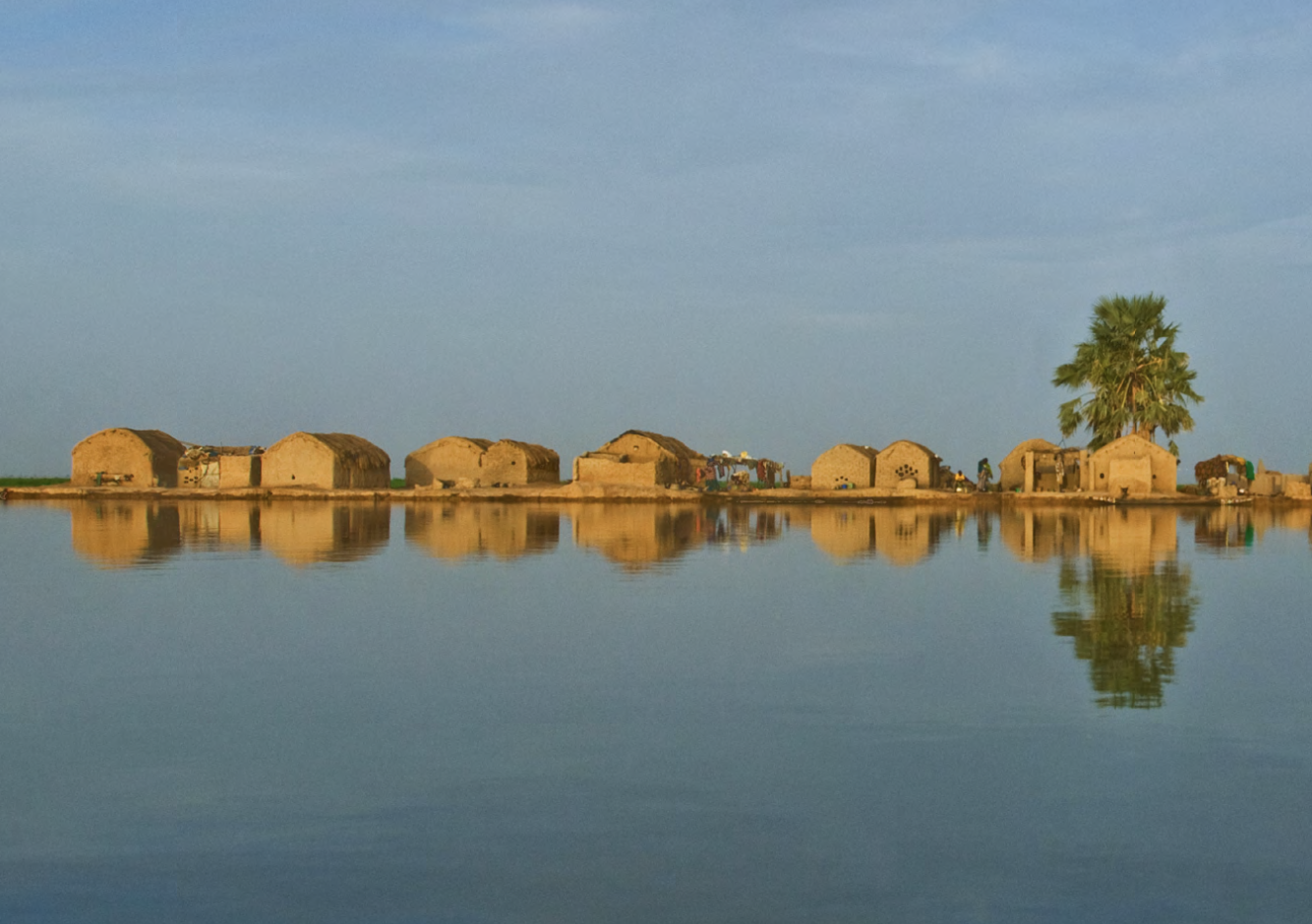AWB Initiative
White Paper on European Climate Risk and Trade in Europe
This Adaptation Without Borders white paper explores the main barriers that are currently hindering business actions on adaptation and the role of public policies in creating an enabling environment that will accelerate investments in adaptation solutions and scale up their deployment.
Policy mechanisms of the African Union and the Regional Economic Communities to manage transboundary climate risks
Take a deep dive into dive into African Union (AU) policies and programmes and those of four regional economic communities (RECs) in this report by the Adaptation Without Borders partnership. Learn about the political economy of transboundary climate risks and their management within existing continental and REC climate, economic, trade, infrastructure and people-centred policies and programmes.
Developing guidance on managing transboundary climate risks in adaptation and sectoral planning
Explore how we can move from prototype to fully operational (and widely deployed) guidance on mainstreaming TCARs within policy and practice in this concept note. It sets out several key considerations for developing credible and salient guidance on TCAR risk management in support of NAPs, regional adaptation planning and other climate policy planning processes.
Assessing transboundary climate risks under the UNFCCC Global Stocktake
What are the scientific, technical, political and procedural barriers to including transboundary climate risks in the UNFCCC Global Stocktake? This brief seeks to redress the "transboundary gap" in the next Global Stocktake and emphasise the need for international cooperation for climate action.
Entry points for integrating transboundary climate risks in the global goal on adaptation
Explore entry points for integrating transboundary climate risks in the global goal on adaptation framework in this Adaptation Without Borders discussion brief. The analysis considers a range of options, taking into account the stages of the adaptation cycle and themes to be covered by the framework.
A Roadmap for African Resilience
Explore proposed key actions towards realizing an ambition of the African Union Climate Change and Resilient Development Strategy and Action Plan (2022–2032) to “Enhance coordination between the Regional Economic Communities and Member States in addressing and managing transboundary and cascading climate risks” in this Adaptation Without Borders roadmap.
Enhancing cooperation to address cascading climate risks in the Hindu Kush Himalaya
Learn about the rationale for strengthening regional resilience to cascading climate risks in the HKH through this AWB discussion brief. It explores what a regional cooperation mechanism could consider and advance in policy and practice, proposing a set of potential areas for collaboration to move the discussions from the realm of ambition to action.
Policy brief: How can Africa manage the transboundary climate risks it faces?
Explore 5 significant transboundary climate risks in Africa that urgently need consideration for management: biophysical, financial, trade, people-centred and geopolitical. The authors draw on real examples from countries across Africa and provide practical recommendations to consider going forwards.
An African perspective on transboundary and cascading climate risks
Learn about how transboundary and cascading climate risks could impact different African regions, with a focus on East Africa, West Africa and Southern Africa, in this Adaptation Without Borders discussion brief. Also explore the role of national and regional adaptation plans in managing these risks.
The Global Transboundary Climate Risk Report
Discover new evidence on ten transboundary climate risks of global importance that affect critical sectors and regions: from water resources in high mountain environments, to fish stocks in the open ocean, industrial supply chains, and energy and global finance systems, as well as human health, livelihoods, mobility patterns, and physical and mental well-being.
